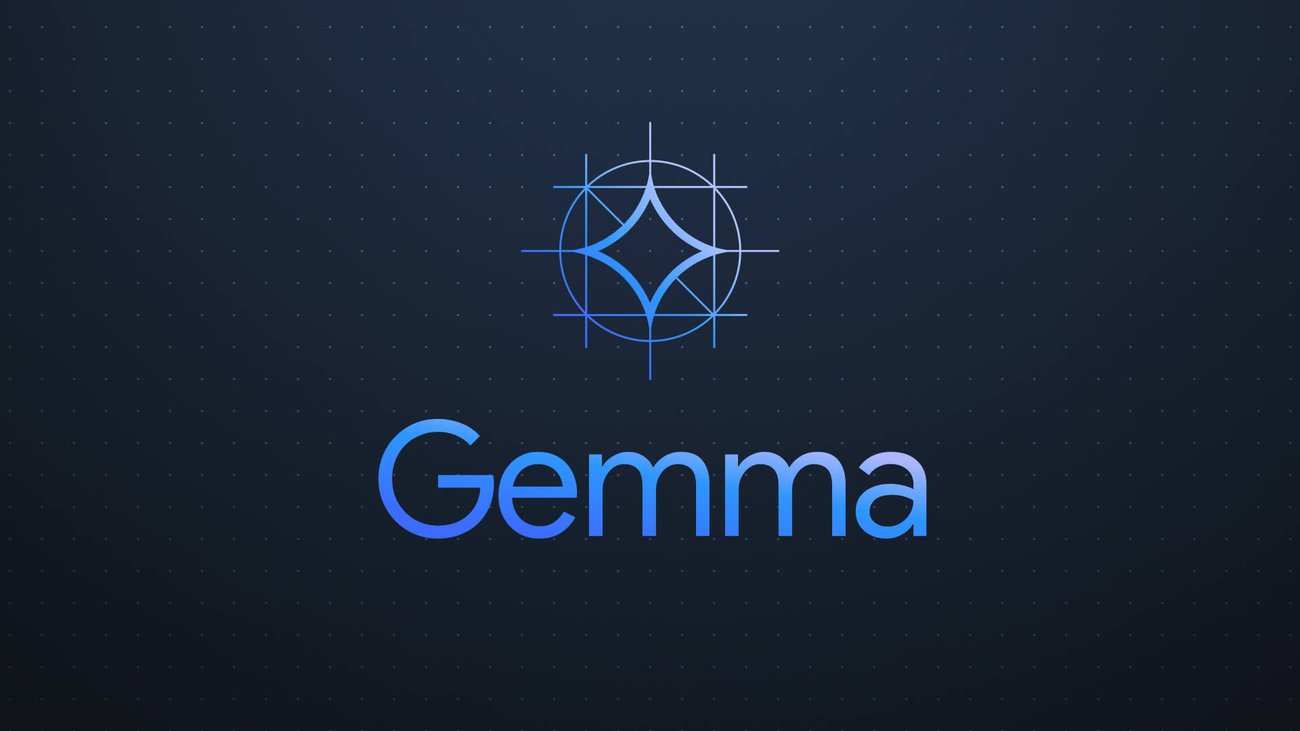When it comes to successfully integrating AI technologies into an organization, talent is a critical part of the equation.
The influence of AI is reshaping many aspects of our workplaces, and its reach extends far beyond the IT domain. With the introduction of generative AI (GenAI), employees now have a new set of tools at their fingertips overnight. These changes put an even greater focus on organizations and their leadership to guide this transformation and leverage the strength of their teams for success.
Recent surveys paint a vivid picture of the challenges ahead:
- 79% of business leaders surveyed by Deloitte expect generative AI to transform their organizations within three years
- Fewer than 50% of respondents to the same survey say they are adequately educating their employees on the capabilities, benefits and value of GenAI
- Accenture found that fewer than10% of organizations are leading when it comes to reimagining their capabilities to harness the potential of GenAI.
- In its Future of Jobs Report for 2023, the World Economic Forum reported that more than 75% of companies are looking to adopt AI, cloud and big data technologies over the next five years.
The imperative is clear: It’s important for organizations to act now, and doing so will require them to “start to make meaningful changes to recognize and reward their workforce’s value.”
Fully understanding this value—what Caitlin MacGregor calls your “bench strength”—was one of the key takeaways on a recent episode of the Insurance Unplugged podcast with Lisa Wardlaw. Caitlin MacGregor is the CEO and Co-Founder of Plum, the talent platform that uses objective data to measure and match human potential to job needs.
Here are some of the highlights from the discussion.
It’s the People Behind AI
Bringing AI into any business will require motion in multiple directions simultaneously. In addition to the teams and task forces focused on figuring out the future and guiding the way, companies will also need to repurpose existing people.
That’s why understanding your “bench strength” is so important. Caitlyn asks: “Do you understand the talent you already have so that if you had to get rid of 5,000 developers, you knew which ones to upscale and where to put them in a new direction? Do you understand once you have that new strategy, how to quickly turn on a dime and re-put people into the right roles to execute on the new strategy?”
Find the Right People to Lead the Way
It’s not surprising that some companies may find themselves with a mandate for rolling out AI for different processes or functions. Rather than waiting for a technology mandate, MacGregor recommends getting out ahead of that by finding the right people to lead the way.
The “sherpa partner shadow model” allows early adopters—the folks within your organization who are championing the new playbooks or championing the discovery of how to do things differently—to show the possibilities and lead the way.
Find the people who are energized and excited about this to lead the initiative. For folks that need more consistency and stability, let them be your lag or late adopters. Matching the right people with the right task is critical.
“AI right now is doing a whole bunch of pattern matching and a whole bunch of keyword scraping and inferring keywords, and it’s really not getting to understanding the human behind the work. You need industrial organizational psychology to do that, and that’s what you can really get the person to be motivated to outperform, to stay longer because they love what they’re doing. It’s just about aligning people to the right roles.”
Understand Your Bench Strength
This moment in time is one of great change, and having a deep understanding of your team’s skills can prepare companies to take advantage of new opportunities.
“Being able to understand the people you have means that the second the business objectives become clear, once the economy stabilizes or there’s enough confidence from leadership to say, ‘go on this new initiative.’ By understanding your bench strength and understanding the people you have right now, it will allow you to move really quickly and get ahead of the competition.”
Conclusion
As Caitlin highlights, the role of talent in successfully navigating the opportunities of AI technologies is one that no company can ignore. Ultimately, having a broad and deep understanding of the skills that your teams possess—your bench strength—is a proactive way to identify champions to test, lead and support the different changes that you may be facing or considering.
Learn more about Plum and create a free Plum Profile.
Listen to the episode on Insurance Unplugged.
Listen to Insurance Unplugged
Join host Lisa Wardlaw for this expert.ai-sponsored series of candid conversations with industry leaders about the world of insurance. New episodes drop every Wednesday! Subscribe or click to listen in!




